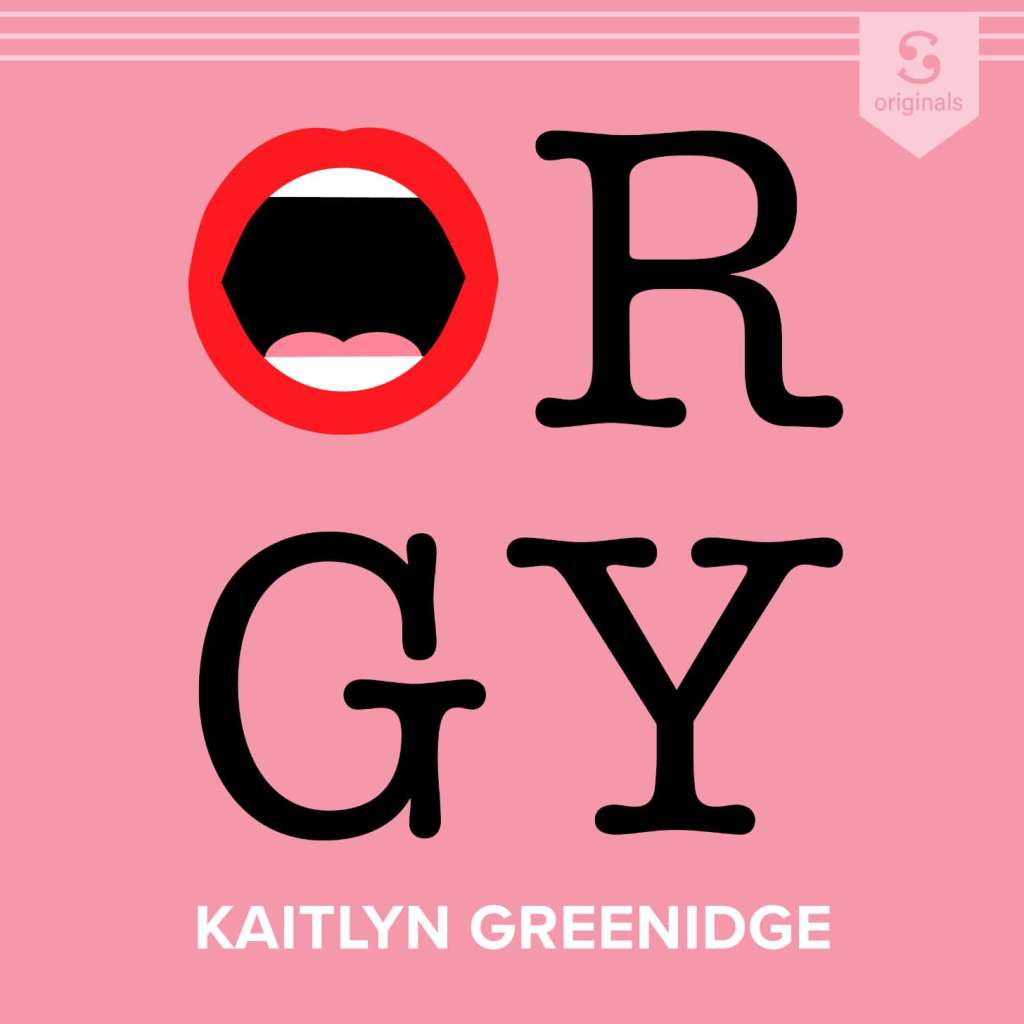Casual sexual encounters decreased during the COVID-19 pandemic for obvious reasons, but that doesn’t mean sexual desire did. Novelist Kaitlyn Greenidge, author of one of The New York Times‘s most anticipated books of 2021, Libertie, summed up these feelings of carnal frustration best in her new short story, Orgy.
“There’s sex as it happens in the real world, and then there’s sex as it is mediated, which would lead us to believe that only conventionally hot, young people in certain locales are having sex.”
Readers meet Nessa during the height of the pandemic when she feels lost, unwanted, and mostly just horny. All of her former hookups are either coupled up or currently ghosting her, and finding someone new is less accessible than it used to be. When she’s invited to an underground party in downtown New York City – subject line: “orgy” – she knows she has to go. As Nessa makes her way to the party, she’s overcome with desire to feel the touch of another person, whether it’s purely sexual or emotional, too. Her fantasies are purely human, and an excerpt from the story says it best: “[S]he made a promise to herself a long time ago that she would never feel guilty or bad about her desires, she would never be ashamed of a sexual adventure.” Orgy explores what it means to yearn, crave, and ache for normalcy in a time that has none at all.
POPSUGAR got a chance to talk with Greenidge and take a deeper dive into what Orgy means to the author as well as readers.
“But she made a promise to herself a long time ago that she would never feel guilty or bad about her desires, she would never be ashamed of a sexual adventure.”
POPSUGAR: Why did you pick NYC to be the setting for this story?
Kaitlyn Greenidge: I’ve always resisted writing contemporary fiction set in New York City – what is the point? So many published stories are already about the city, it feels redundant to try and write about it. But I lived in the city for 15 years – eventually, it was going to find a way into my fiction. Once I got over that self-consciousness, I really enjoyed trying to write about a slice of the city I knew from friends and acquaintances that I’d rarely seen in fiction.
PS: Do you see any of Nessa in yourself?
KG: No, not at all. One of the challenges I set up for myself was to write a character who is decidedly NOT an observer. Nessa is smart and she’s savvy, but she does not sit back and think. She acts, first and foremost and above all else. She’s like a land shark. She would die (in her own mind, at least) if she ever stopped moving.
PS: The ending was different than I had expected. What were you trying to communicate to the reader?
KG: I wanted the reader to be able to imagine life continuing for Nessa. And I wanted it to feel as if Nessa was beginning another adventure.
PS: How do you think people will view sex after the pandemic?
KG: I think we are still in the pandemic, for the most part. And American culture isn’t really good with any emotion outside of enthusiasm or rage. So many people are trying to make sense of how to mourn – for the people lost, for the opportunities lost, for the time lost. And we don’t really have a healthy way, collectively, to do that. I think sex is a way to process it, but I also feel like a lot of people have forgotten how to have it with other people – this was true even before the pandemic.
PS: How can people be more sexually liberated?
KG: Ignore as much of the media around sex as possible, and focus on actually meeting people. There’s sex as it happens in the real world, and then there’s sex as it is mediated, which would lead us to believe that only conventionally hot, young people in certain locales are having sex. Once you acknowledge how false that is, the world opens up and you start to see all the different ways people connect, outside of that very boring script the world tries to feed us.
You can check out Orgy, available exclusively from Scribd Originals on July 23, here, or listen to the audio book narrated by Elaine Welteroth here.

